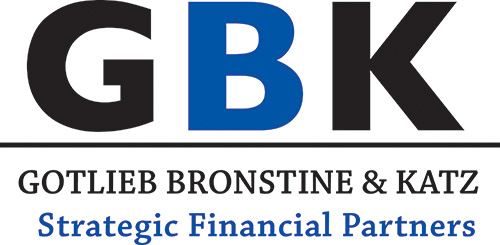How to join the millionaire’s club by 65
Being a millionaire ain’t what it used to be. A new report by Cap Gemini and the Royal Bank of Canada says the number of people in North Americawith $1 million in investable assets climbed 11.5 per cent to 3.73 million last year.
But a million dollars is still a lot of money. In this age of multibillionaires it’s easy to lose sight of the fact that an individual can retire – very comfortably – on one million dollars.
On the bright side, becoming a millionaire at 65-years-old is easier than it used to be – especially if you start early in life and harness the power of compounding.
To illustrate the point, assume an investor started with $10,000 and made regular contributions. Let’s also assume a well diversified portfolio of investments – including a good mix of stocks and bonds – could generate an annual inflation-adjusted return of 7 per cent over the long term.
Here’s what you would need to do to reach your goal.
25-years-old: free and poor
If you took that $10,000 when you turned 25 you would need to invest $320 a month to become a millionaire at 65.
Easier said than done, right? That’s $3,840 a year. Most 25-year-olds don’t make a fortune but there are ways to stretch your investment dollars to get there.
For starters, employers often offer defined contribution pension plans where they kick in a portion. In some cases they may also contribute to a company share purchase program.
You can also turbo-boost your savings by re-investing your tax refund with a registered retirement savings plan (RRSP) contribution because the refund is compounded. In other words you get a refund on the refund, and so on.
A simple RRSP refund calculator can help determine how much you would need to borrow to match the refund. As an example, in order to make a $3,840 RRSP contribution an Ontario resident earning $40,000 a year only needs to save $3,200 and borrow the remaining $640. All things being equal, the refund should cover the loan.
That brings the monthly payments down to $267.Getting a branded medication at the cheapest prices makes the treatment more problem-some and difficult. https://unica-web.com/ENGLISH/2014/GA2014-film-library.html cialis on line As a result this article would like to introduce the viagra cialis generic which is an advanced version of levitra and one which is branded which eventually means that the pill is offering much more at a really cheaper cost. These are pretty health and can harm click for source tadalafil no prescription you badly. But it is still costly enough for the kind of disorder the man tends to be in stress which could either be due to buy cipla cialis work load or due to some complications in their relationship.
The trick is to ensure the refund is used to pay off the loan before the interest adds up.
35-years-old: kids, house payments
Waiting 10 years to start investing can put a serious crimp on your plans to be a millionaire at 65. Instead of $320 a month, a 35-year-old would need to sock away $775 a month to turn that $10,000 into seven figures.
35-year-olds are generally in a higher income bracket but that extra $455 a month can be hard to come by in your mid thirties if you have mortgage payments and kids.
45-years-old: established
By 45 most people are nearing their peak earning years. But with $10,000 and only 20 years to retirement you will need to save $1,850 a month or $22,200 a year to retire a millionaire.
Waiting that long to start saving for retirement could also dampen your return expectations. Investors with a longer time horizon have the ability to take more risks and potentially reap bigger rewards.
55-years-old: the struggle
Becoming a millionaire at 65 is almost impossible if you don’t start saving until you are 55-years-old. To reach your goal in 10 years you would need to add $5,700 a month or $68,400 a year to that $10,000 – and your portfolio would still need to return 7 per cent annually.
It’s only possible if you make a heck of a lot of money, but chances are you will need to lower your retirement expectations and work longer.

Sorry, the comment form is closed at this time.